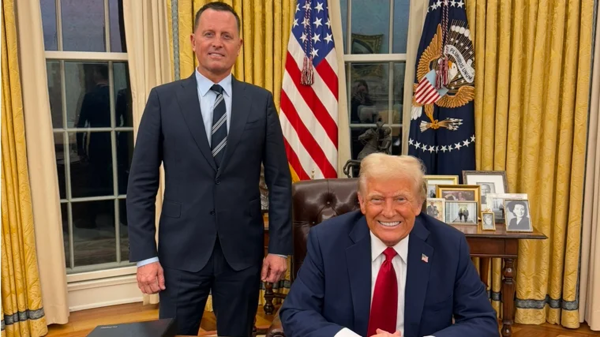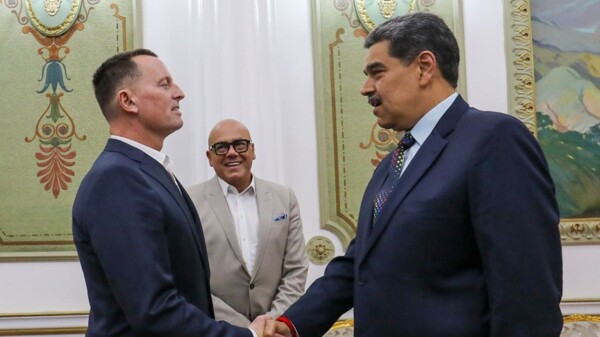
Venezuela's oil production grew by 17.6% last year, but now faces the possibility of a setback due to the threat of new sanctions by the United States government, led by Donald Trump, warns expert Luis Oliveros. These sanctions could involve the suspension of licenses for foreign companies, which would significantly impact the Caribbean country.
Marco Rubio, U.S. Secretary of State, has urged a review of licenses that allow companies like Chevron to economically support Nicolás Maduro's regime. Meanwhile, Trump has indicated that his country could stop buying Venezuelan oil, which would further affect the country's production.
If licenses granted to companies like Chevron and Repsol are suspended, Venezuela's oil production could drop by 25% to 30%. This would bring production to its lowest level in 29 months, impacting the country's economy and generating exchange rate instability.
In the past, the resumption of Chevron's activities in Venezuela allowed for a significant increase in crude production. However, new sanctions could reverse this progress and also affect foreign exchange earnings and inflation in Venezuela.
Additionally, the measures could have repercussions on job generation and the economic stability of the country. Despite the threats, President Maduro has expressed that Venezuela is in a position to face new sanctions and hopes to increase oil production through its own efforts.














